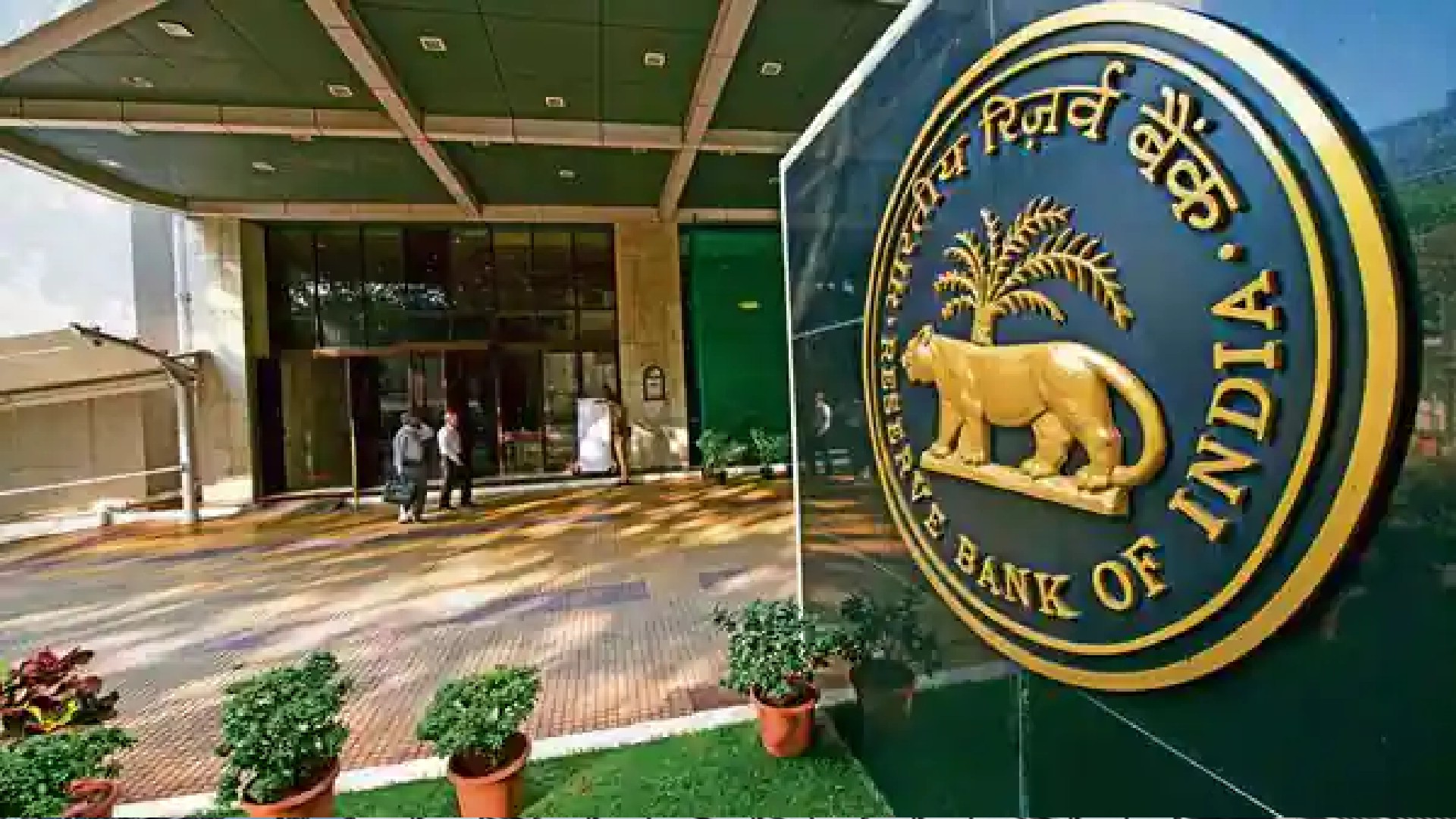Pankaj Chaudhary, the minister of state for finance, told the Rajya Sabha on Tuesday that the government does not plan to introduce cryptocurrency. As of right now, cryptocurrencies in India are unregulated, he said in a written response.
Central Bank Digital Currency
RBI, the central bank of India, does not issue cryptocurrency. Official legal tender in India is paper currency, which is issued by the Reserve Bank in accordance with RBI Act 1994. RBI plans to launch a digital version of traditional paper currency soon. Central Bank Digital Currency (CBDC) will be the name of the new currency.
A phased implementation strategy is currently being developed by RBI for the introduction of CBDC. In another response, he said the central bank is examining use cases that could be implemented with a minimum disruption.
The introduction of CBDC has the capability of providing huge benefits like lessening dependence on physical cash, more seigniorage because of lower transaction costs, etc, he added.
Note printing has decreased
Printing of notes has decreased gradually over time, he said, adding, during the time period of 2019-20 notes worth Rs. 4,378 crore were printed which went down to Rs. 4,012 crore in the time period of 2020-21.
In reply to another question, he said that the financial health of the country includes many facets.
“Stable stock market along with well-functioning and sophisticated market infrastructure is one indicator to assess a country’s financial health. The stock markets are indicative of economic growth in the medium to long term as the stock prices reflect the market’s expectation on future corporate earnings/profitability and hence the underlying confidence in economy,” he said.
But, he said, in the short term, the stock markets are mainly driven by economic and geopolitical events.
Exchanges have always imposed exchange transaction fees on the broker which might get passed down to clients, he said and added that the transaction fee is mentioned in the contract note which is issued to clients by brokers.
The taxes charged on the sale and purchase of stocks including the taxes charged by exchanges are mentioned in the contract note issued to clients by brokers at the end of every day of trading, he said.
